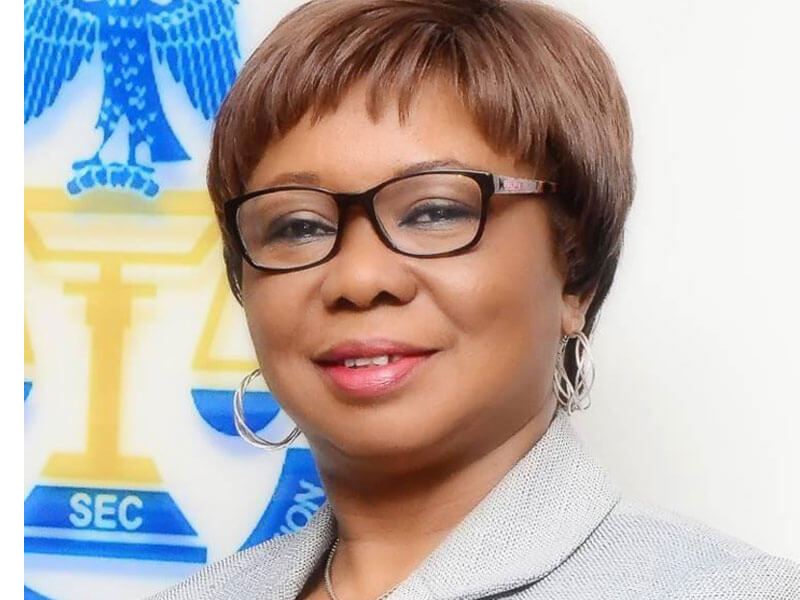- SEC Vows to Fine Registrars N1m for Illegal Charges
The Securities and Exchange Commission has vowed to slam a fine of N1m on registrars illegal charges imposed on investors.
SEC, in its amended draft on the operating framework for the transmission of shares, said it had disallowed registrars from charging fees on the dematerialisation of share certificates and mandating of accounts for an electronic dividend.
It said charges were allowed only on change of address, name or mandate, and should attract not more than N100 per request while updating of signature capture and scanning should not be more than N200 per signature.
The draft said the fees chargeable for transmission of shares by registrars had been limited to one per cent of the total value and an additional five per cent Value Added Tax for shares of N5m and below, while shares above N5m would attract 0.5 per cent of the value and five per cent VAT, with a maximum chargeable amount of N200,000, excluding VAT.
It stated that fees chargeable for confirmation of probate or letter of administration should not exceed N12,000.
SEC said in a statement that any registrar that violated the provisions of the rules would be liable to a penalty of not less than N1m and an additional sum of N20,000 for every day the violation persisted.
It added that it had further reduced the time, processes and costs of the transmission of shares from a deceased to the beneficiary, in a bid to reduce the quantum of unclaimed dividends in the capital market and encourage beneficiaries of deceased investors to step up efforts to claim such dividends.
The statement read in part, “This effort will ensure a seamless transmission and claim of a deceased’s shares by heirs and administrators. The timeline for the transmission of the deceased’s shares has been reduced from three weeks to one week.
“Going by that, registrars shall ensure that shares of a deceased are transmitted within a week of receiving the request from the administrators or executors. The registrar is also required to transmit the letter of administration to the probate registry within 24 hours of receipt of same for verification.
“The administrator/executor is, however, required to provide a letter of introduction, introducing himself/herself as the legal representative of the estate. The letter should also indicate the names, addresses, signatures and Bank Verification Numbers of the individual administrators/executors.”
According to SEC, alsp required were original death certificates from the National Population Commission for sighting, original probate letter or letter of administration for sighting or the certified true copy from a notary public, copies of newspaper adverts placed by the court or gazette, evidence of ownership of the investment such as Central Securities Clearing System statement(s) of the deceased, original share certificates, dividend stub or dividend warrants or bank statement(s) showing receipt of dividend(s) into the account(s) of the deceased.
It said, “Where the administrator/executor cannot provide these requirements, the registrar may require confirmation through insurance, indemnity or interview.
“The new rules also seek to standardise the turnaround time for processing all requests for replacement and update from the date of submission of all relevant documentation. The turnaround time for dematerialisation is three working days; an update of signature capture and scanning shall take place in 24 hours while a change of address, name and mandate shall be done within two working days.”


 Forex3 weeks ago
Forex3 weeks ago


 Naira2 weeks ago
Naira2 weeks ago
 Billionaire Watch2 weeks ago
Billionaire Watch2 weeks ago




 Naira3 weeks ago
Naira3 weeks ago




 Naira2 weeks ago
Naira2 weeks ago




 Naira1 week ago
Naira1 week ago




 Naira4 weeks ago
Naira4 weeks ago




 Naira4 weeks ago
Naira4 weeks ago

















